Most likely, sooner or later after buying Ethereum, you’ll wonder where to store it. And this question itself is very smart because leaving it on the exchange is like handing it over to hackers.
When it comes to storing Ethereum, what do you prefer: greater security or faster transactions?
Choosing the best place to store Ethereum will depend on this and many other details, such as the ease of use of your wallet or its durability, for example.
A wallet is a digital or physical wallet where your cryptocurrencies are stored.
Now you’ll understand:
Cold wallet or hot wallet for Ethereum?
Here’s the first question.
If you’re a trader, you’ll want speed in your transactions to execute your operations at the most accurate current market price. That’s why I recommend a hot wallet (digital).

But if you’re looking to hodl Ethereum (hold Ethereum long-term) or store large amounts of Ethereum, I recommend a cold wallet (physical device).
If you don’t know the difference, hot wallets are connected to the internet, while cold wallets are not. If you want to dive deeper, check out my guide about cold wallet.
Hot wallets that are connected to the internet offer faster transaction processing, for example, but they’re also easier to hack and steal from.
And what if I’m both a trader and a holder?
Then I would advise you to always have both wallets: one for trading Ethereum and another for storing Ethereum completely securely, safe from hackers and theft.
Keep in mind that when you leave your cryptocurrencies on the exchange (Binance, Bitvavo, Coinbase, etc.), they’re not really yours. They belong to the exchange itself and are stored in their digital wallets. Therefore, they’re the ones in control.
Leaving them on the exchange is fine if you’re going to keep them active and trade with them. But if you just leave them there idle, you expose yourself to the risk of losing or having them stolen.
Wait! How do I move my Ethereum to my wallet?
- Choose a wallet: Look for a reliable and secure Ethereum wallet, whether it’s a hardware wallet, software wallet, or an online wallet.
- Download or acquire the wallet: If you choose a software wallet, download and install it on your device. If you opt for a hardware wallet, get the physical device.
- Generate your address: The wallet will provide you with a unique Ethereum address. This address is like your “account number,” and it’s where you’ll receive and store your Ethereum.
- Save your private key or recovery phrase: The wallet will provide you with a private key or recovery phrase. These are important codes that will allow you to access and restore your wallet in case of loss or device change. Keep them in a safe place and don’t share them with anyone.
- Send Ethereum to your address: From your exchange account or another wallet, send Ethereum to your wallet’s address.
- Keep your wallet secure: Protect your wallet with a strong password and make sure to keep the wallet software up to date to protect yourself against potential vulnerabilities.
All exchanges have a section to send cryptocurrencies to a public address. Here is a complete guide on how you can withdraw cryptocurrencies from binance.
Best wallets for storing Ethereum
So, I’m going to divide this section into the best cold wallets and the best hot wallets for Ethereum.
Remember, if you’re a beginner in this world and you only want to buy and hold for the long term, expecting your earnings to increase, you’ll always choose the cold wallet.
Cold wallets:
1. Material Ethereum
Material Ethereum is currently the most secure cold wallet for storing your Ethereum cryptocurrency. It’s resistant to fires, shocks, floods, and hackers.
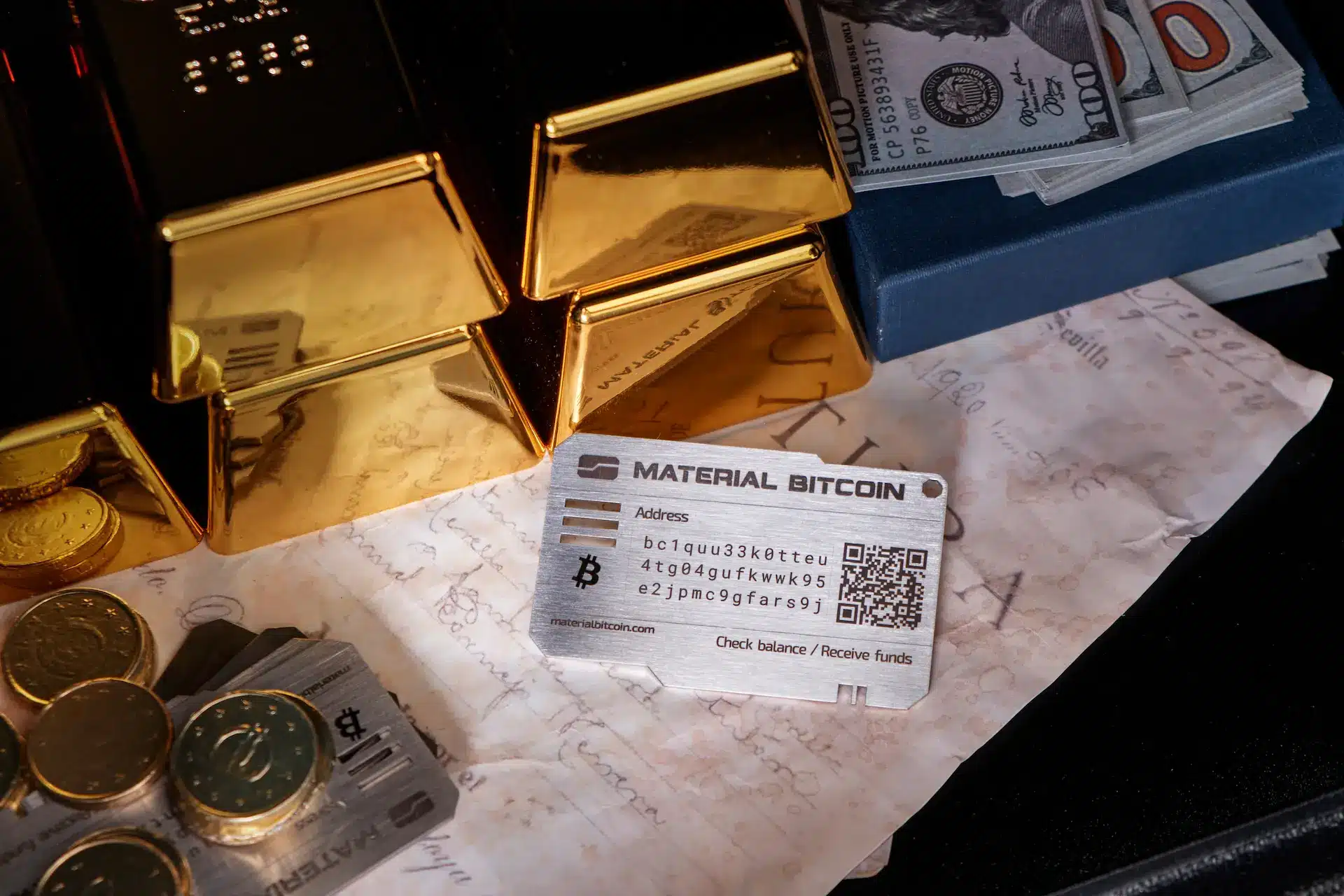
It’s an ultra-durable physical device. What sets Material Ether apart from the competition and why it’s in the top spot is its hazard-proof material and its user-friendly design, specifically tailored for beginners.
Additionally, you’ll have personalized step-by-step assistance in case you encounter any issues while storing your bitcoins in the cold wallet.
Material is a secure company registered with the Bank of Spain.
2. Trezor
Trezor is a quite popular cold wallet that allows you to store Ethereum, Bitcoin, and many other cryptocurrencies, over 1000 in total. Unlike Material, it’s electronic, in the form of a USB device with a screen.
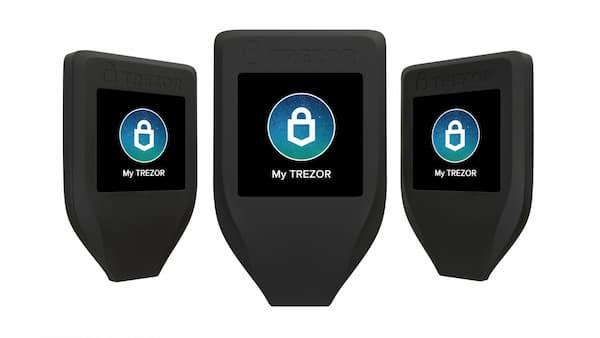
Being electronic, it can suffer physical damage and requires updates, so you’ll have to pay attention to its care and updates.
Nevertheless, Trezor is more secure than hot storage systems.
The great thing about Trezor is that it’s open-source, making it safer to belong to this type of electronic wallets as the code can be audited by anyone. Its Trusted Display system also contributes to security.
3. Safepal
Safepal supports more than 19 blockchains and over 10,000 crypto tokens and NFTs. Multiple security elements can be combined, such as recovery seed, 2FA, and password phrase.
![]()
It has an elegant design and offers Staking services.
However, keep in mind that it’s not completely disconnected from the network (it needs to connect to the computer for firmware updates), and its transaction process can be somewhat cumbersome. That’s why a non-electronic wallet will always be more secure.
4. Ledger
Ledger is similar to Trezor, also a cold wallet in the form of a USB device with a screen and with desktop and mobile apps. It’s one of the most popular wallets today.
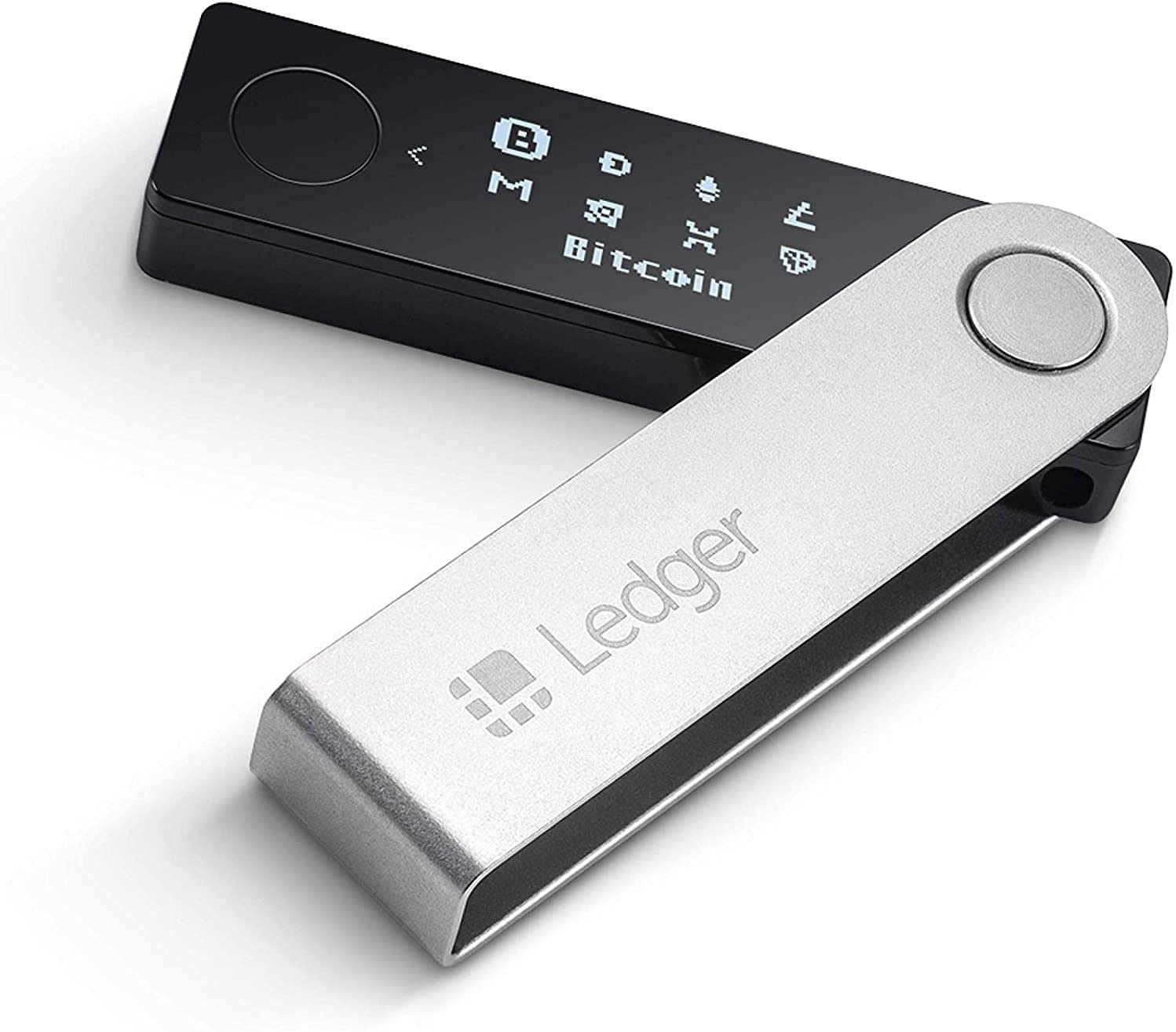
The difference with Trezor is that Ledger supports over 5000 cryptocurrencies.
Although Ledger uses a secure chip to store your private keys and never exposes them to the internet, you should know that since it announced its Ledger Recover service, it has caused great disappointment among its users. So, before acquiring it, I highlyrecommend conducting thorough research on this matter.
Another thing to keep in mind with these types of wallets is that they require periodic updates.
Hot wallets:
Now let’s see the best wallets connected to the internet for storing Ethereum. Remember that what these wallets offer is greater convenience when it comes to conducting transactions with your Ethereum.
1. MyEtherWallet
MyEtherWallet is an open-source software wallet compatible with Ethereum and all its tokens. It’s very easy to use and highly intuitive. This is particularly useful if you’re going to regularly trade this cryptocurrency since you’ll be using a digital wallet extensively.

More than just a hot wallet, MyEtherWallet acts as an intermediary between your exchange and your cold wallet. This means that your Ethereum cryptocurrency isn’t stored online. Instead, as a software “wallet,” all Ethereum is stored on your own private device… your computer.
You’ll need to take precautions when using it to prevent any surprises. Like with all hot wallets, you’ll need to create a secure environment on your computer.
2. Metamask
Metamask is a highly popular software wallet for storing your Ether. The main advantage of Metamask is that it’s free.
Currently, it also has a mobile application.

It’s like a browser for accessing the Ethereum network.
Metamask not only allows you to store and send Ethereum but also enables you to access decentralized Ethereum applications. It has an intuitive design that allows you to quickly switch between the Ethereum network and other layer 1 and layer 2 solutions.
To make the most of Metamask, I recommend using it with a cold wallet like Material Ether, as that will provide the secure storage component.
3. Exodus
Exodus is a software wallet with a solid reputation. It’s characterized by its user-friendly interface, ability to store multiple cryptocurrencies, and, most importantly, email support.

As a disadvantage, it’s worth noting that transaction fees tend to be somewhat high, and of course, there’s no protection against hackers and/or malware.
The safest way to store Ethereum
You’ll come across countless opinions about each of the wallets I mentioned. I mention them because they’re the most popular ones and, despite their drawbacks, they work quite well.
If you have to use a hot wallet to store your Ethereum, it’s up to you to take all necessary precautions to avoid hacks. I know it’s a hassle, but unfortunately, these are processes we must undertake to prevent any surprises.
Remember to keep large amounts that you won’t be using in a cold wallet like Material Ether.
In the world of hackers, analog will reign.

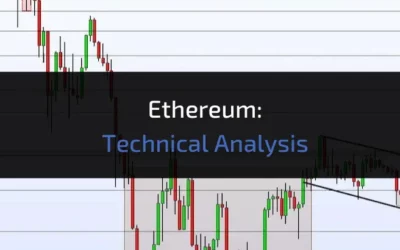


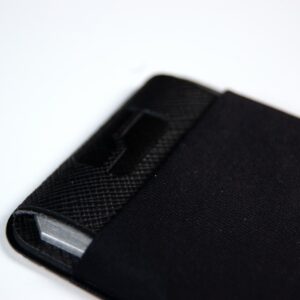

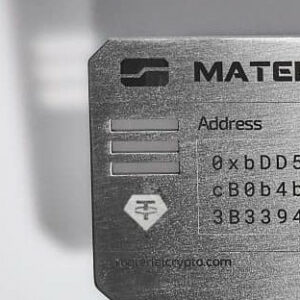
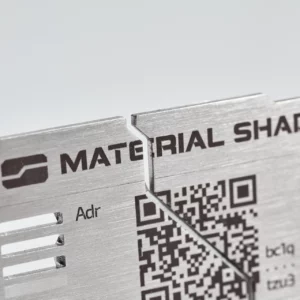
0 Comments